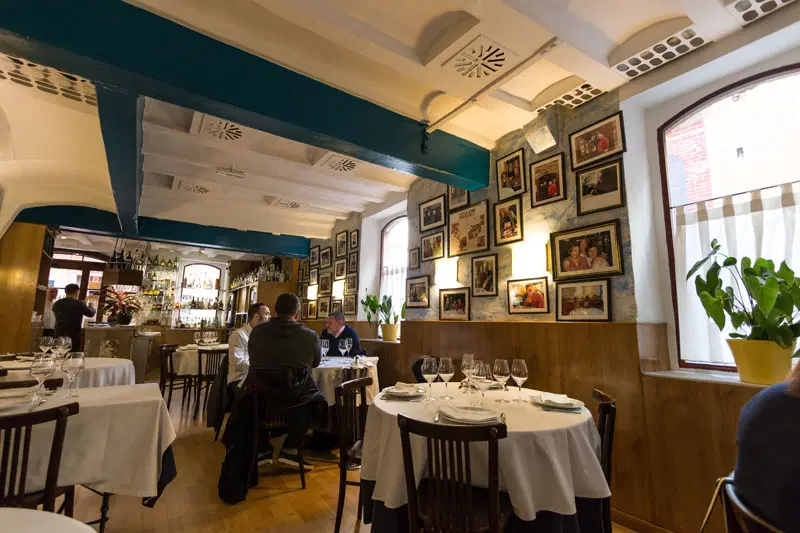Barcelona
WELCOME TO Barcelona
Province Overview
Barcelona
7,733 km2
5.6 million
Catalan
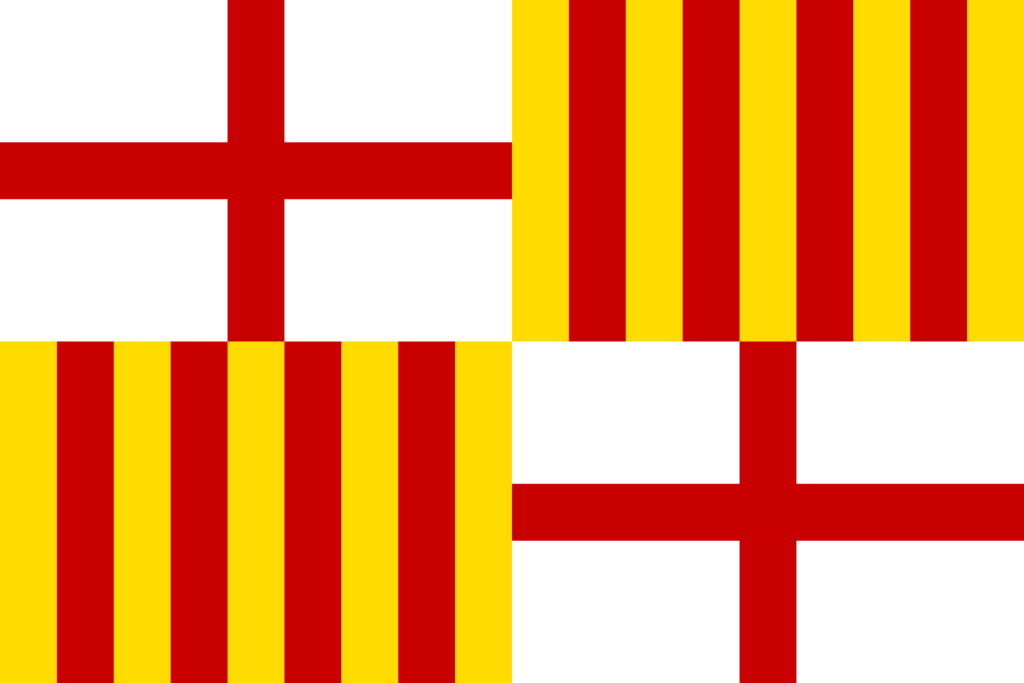
Popular
Geography and Tourist Attractions
Information about the province's tourist attractions, including popular destinations, events, and activities.
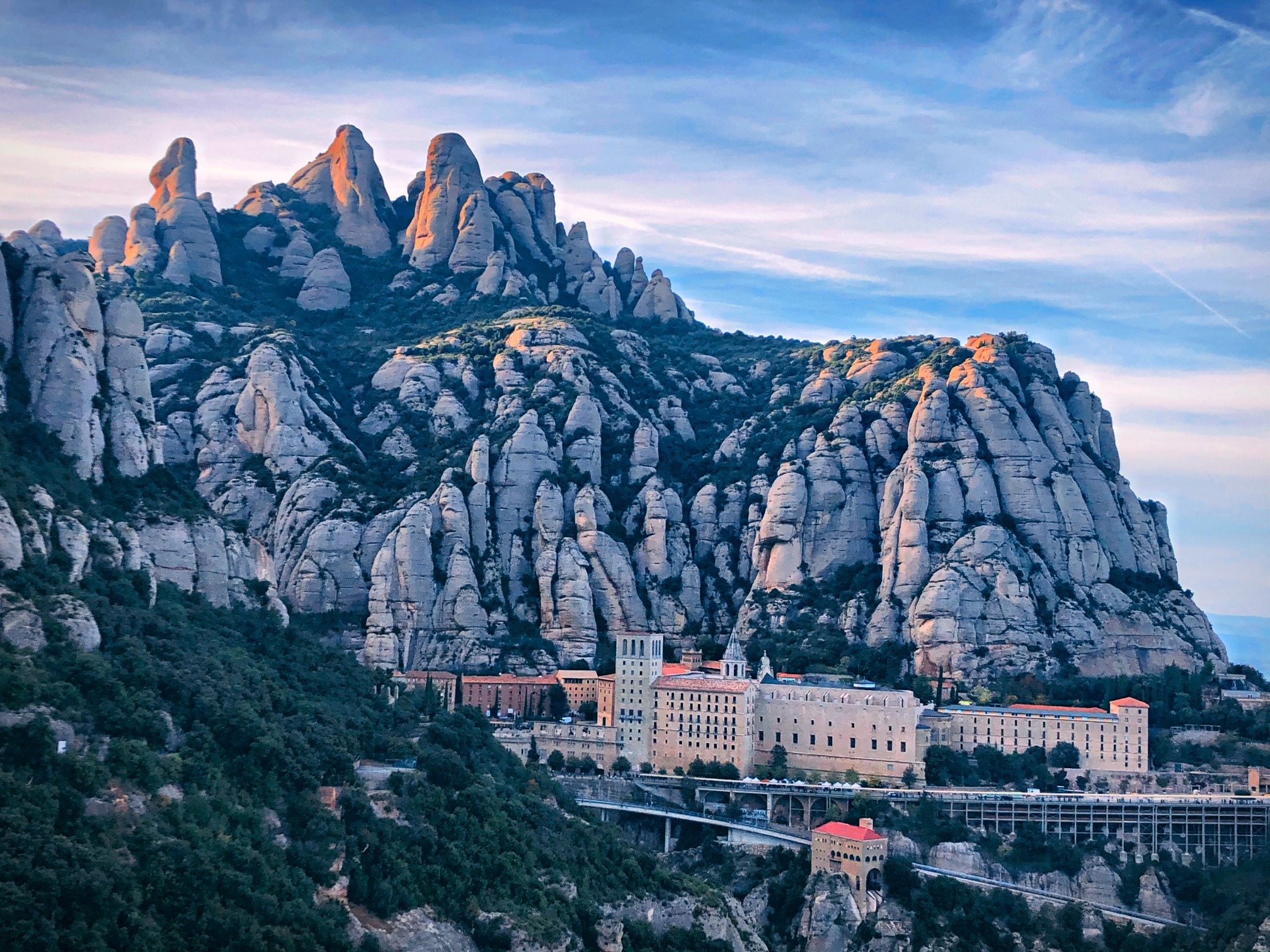
Montserrat Mountain
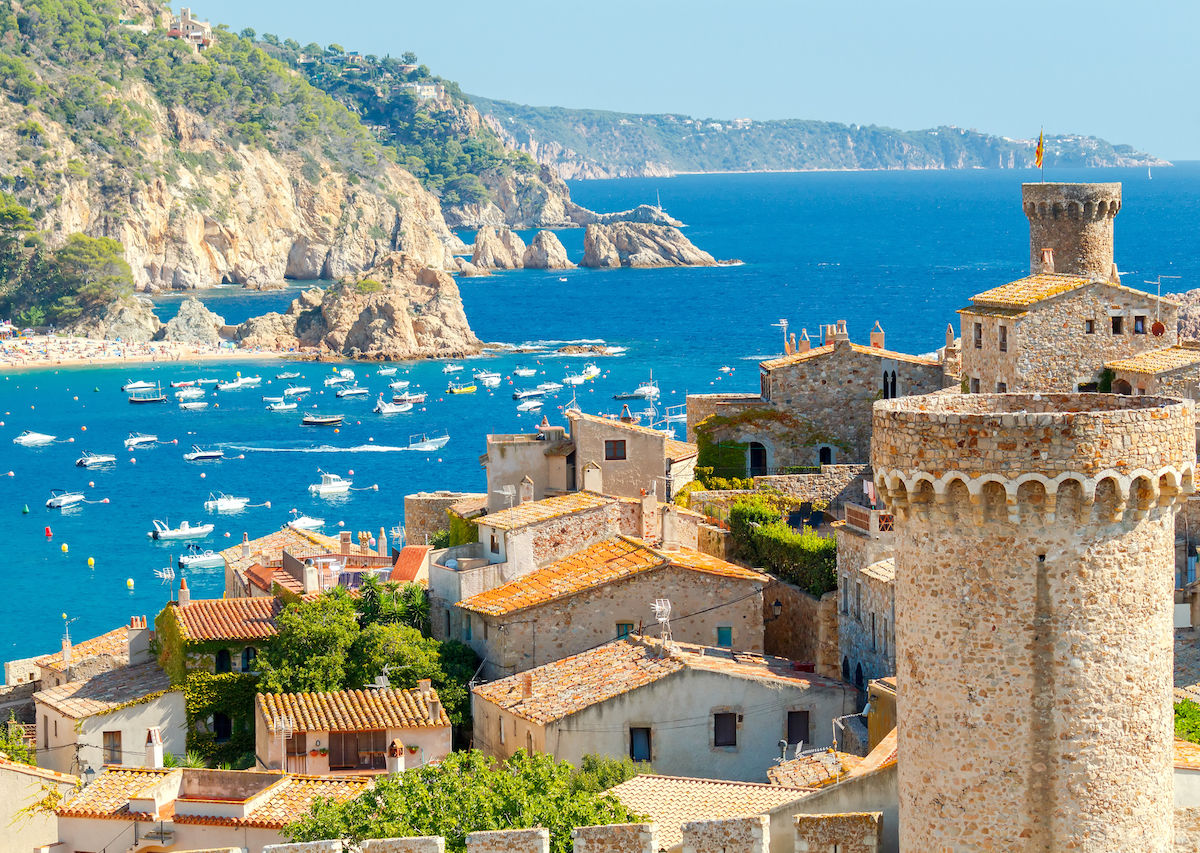
Costa Brava

Sitges
Political
Economy and Government
The economy of the Barcelona region in Spain is robust and diverse, contributing significantly to the overall Spanish economy. The region has a strong industrial base, particularly in sectors such as manufacturing, textiles, pharmaceuticals, and automotive. Barcelona serves as a major economic hub, attracting both domestic and international businesses, and it has a thriving start-up and innovation ecosystem.
The government structure in the Barcelona region follows the framework of the autonomous community of Catalonia. The Generalitat de Catalunya, the regional government, is responsible for governing and administering the region. Catalonia has its own parliament and executive branch, allowing for a degree of autonomy in managing regional affairs, including economic policies, education, healthcare, and infrastructure development.
Barcelona, as the capital city of Catalonia, plays a pivotal role in regional governance and decision-making processes. The city has a local government, the Barcelona City Council, which oversees municipal services and urban development initiatives.
The Barcelona region benefits from a well-developed infrastructure network, including an extensive transportation system, modern ports, and an international airport. These factors, combined with a favorable business environment and a strong emphasis on innovation, continue to drive economic growth and attract investment to the region.

History
History and Culture
The history and culture of the Barcelona region in Spain are rich and deeply intertwined with the region's unique identity. Barcelona has a long and storied history, dating back to its foundation by the Romans in the 1st century BC. Throughout the centuries, it has been influenced by various civilizations, including the Visigoths, Moors, and the Kingdom of Aragon.
One of the most prominent periods in Barcelona's history was the Catalan Gothic era, during which the iconic Barcelona Cathedral and other Gothic architectural marvels were constructed. The city also played a significant role in the Catalan Renaixença, a cultural and intellectual movement that revitalized Catalan language, literature, and arts in the 19th century.
Barcelona's cultural scene is vibrant and diverse, with a fusion of Catalan, Spanish, and international influences. The city is renowned for its Modernist architecture, spearheaded by the visionary architect Antoni Gaudí, whose masterpieces such as the Sagrada Familia and Casa Batlló are celebrated worldwide.
The region boasts a vibrant arts and music scene, with numerous museums, galleries, and theaters showcasing a range of contemporary and classical works. Festivals and traditions, such as La Mercè and the Castells (human towers), offer a glimpse into the region's vibrant cultural heritage.
With its rich history, distinctive architecture, artistic legacy, and celebration of Catalan traditions, the Barcelona region remains a captivating destination that beautifully showcases the fusion of history and culture.
HOTELS

Hotel Arts Barcelona
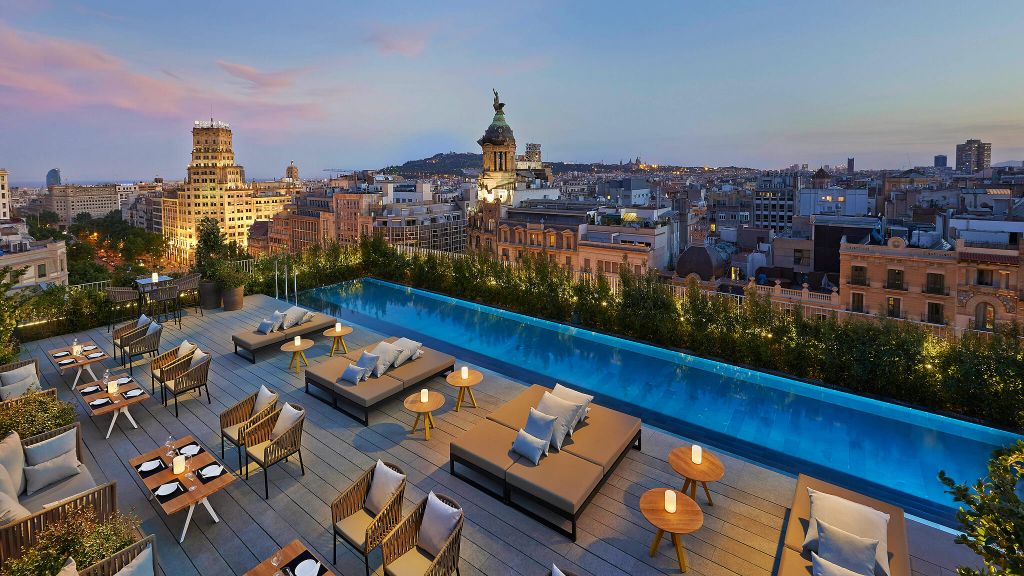
Mandarin Oriental Barcelona
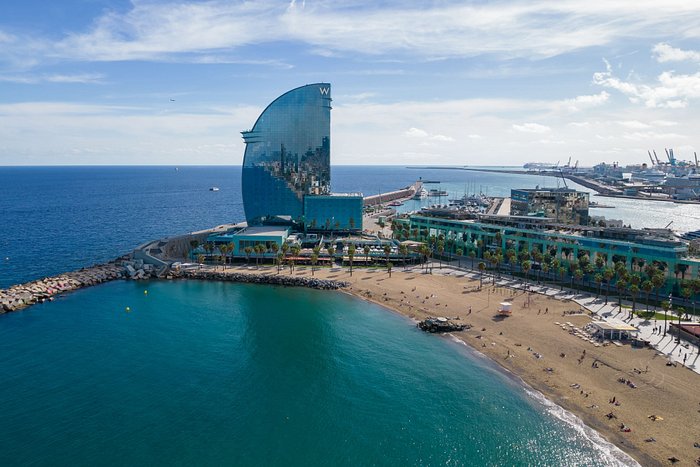
W Barcelona
RESTAURANTS
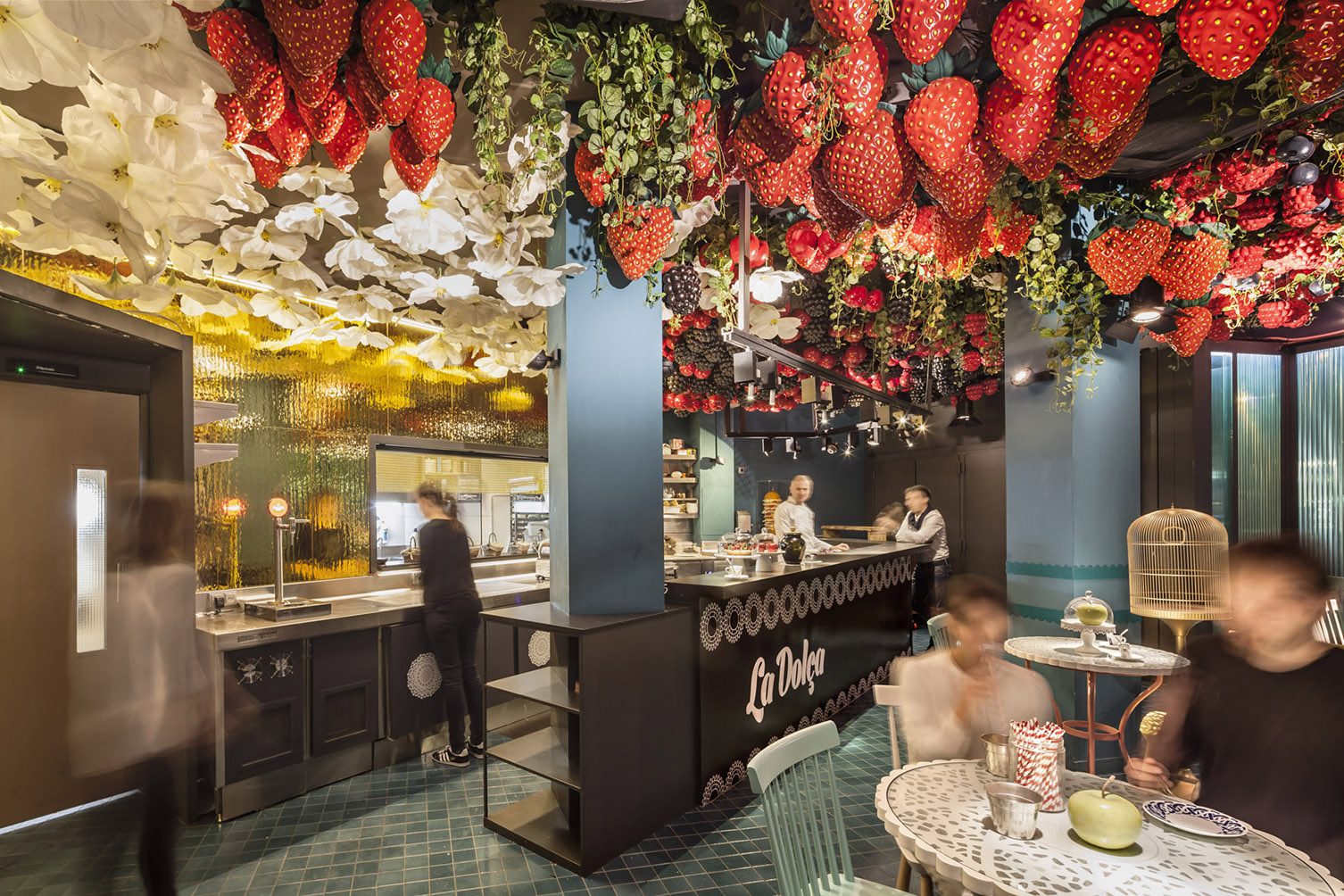
Tickets
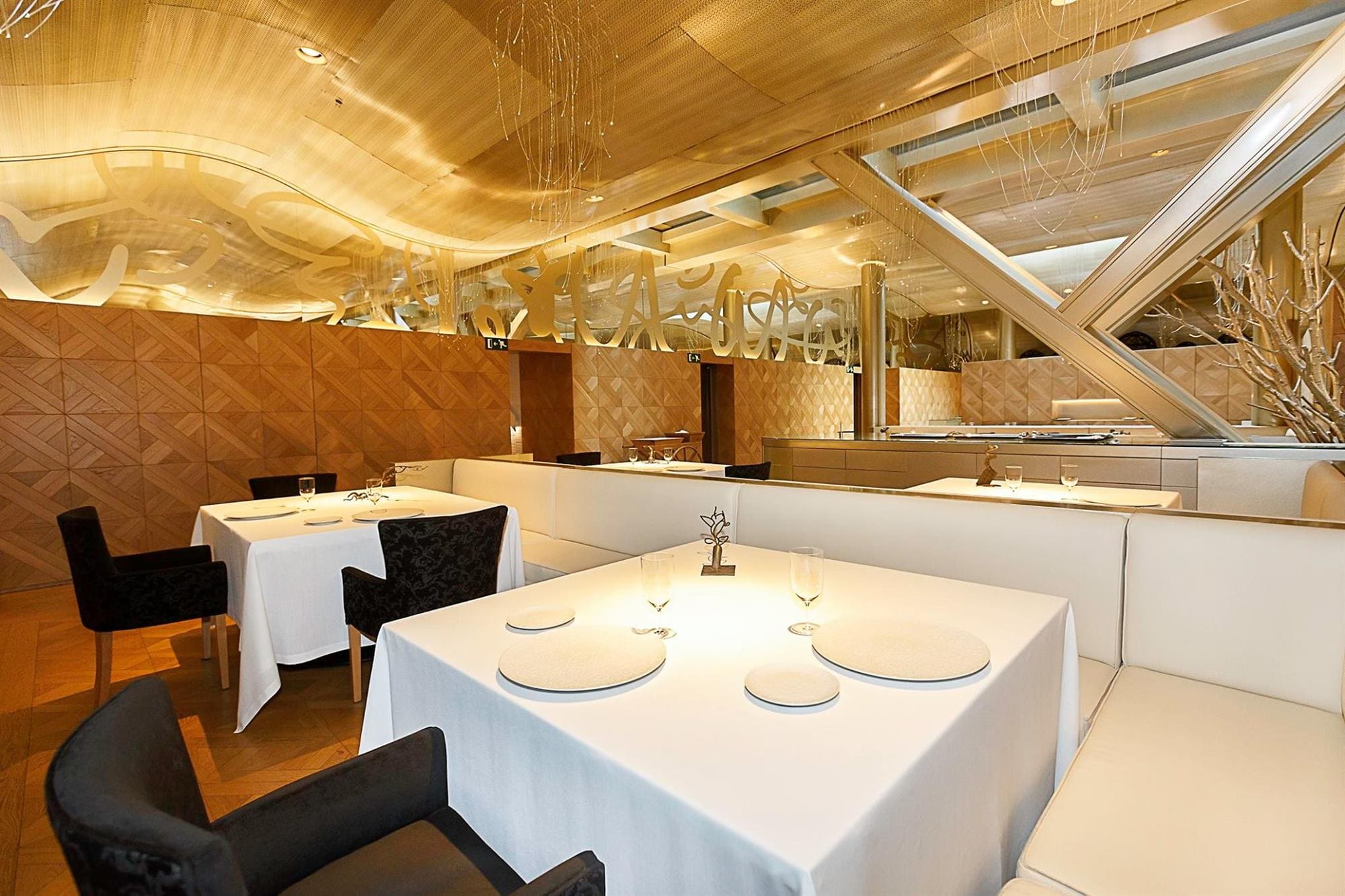
Disfrutar
